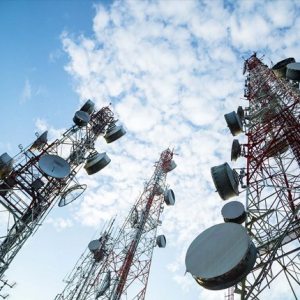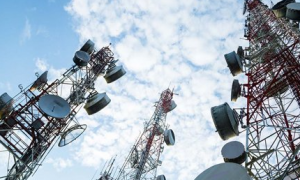
Nigerian President Bola Tinubu has officially abolished the proposed 5% tax on telecommunications services, including voice and data. This policy reversal is anticipated to alleviate financial pressures on the country’s more than 172 million users.
The Nigerian Communications Commission (NCC) states that this decision is part of broader reforms to enhance digital accessibility. The scrapping of the excise tax, which was previously set to impact telecom services, is expected to provide significant relief for millions of mobile users.
Originally planned under the Muhammadu Buhari administration, the tax faced substantial opposition from industry stakeholders and consumer advocates since its initial announcement. Although it was temporarily suspended in mid-2023, there was uncertainty regarding its long-term status until this recent decision.
Aminu Maida, Executive Vice Chairman of the NCC, shared that President Tinubu instructed the complete removal of the tax during discussions related to the recently enacted Finance Act.
This move will likely benefit the 171 million active telecom users in Nigeria, many of whom have been coping with service issues and a 50% increase in tariffs introduced earlier this year. The NCC clarified that this cancellation is part of a broader regulatory effort to enhance affordability and service quality within the telecommunications sector. Ongoing initiatives include plans to streamline billing processes through end-user platforms and to impose stricter service benchmarks, especially for telecom tower operators.
Gbenga Adebayo, the chairman of the Association of Licensed Telecom Operators of Nigeria (ALTON), welcomed the decision but urged stakeholders to remain vigilant. He emphasised that while removing the levy alleviates some burden on consumers and providers, new taxes or covert charges must not emerge to replace the eliminated duty.
On the other hand, Deolu Ogunbanjo, leader of the National Association of Telecoms Subscribers (NATCOMS), commended the federal government’s decision and viewed it as a positive development. He also suggested that consumer rights groups might reconsider their legal actions concerning the tax, which had been on hold awaiting clarification on the policy updates.


















